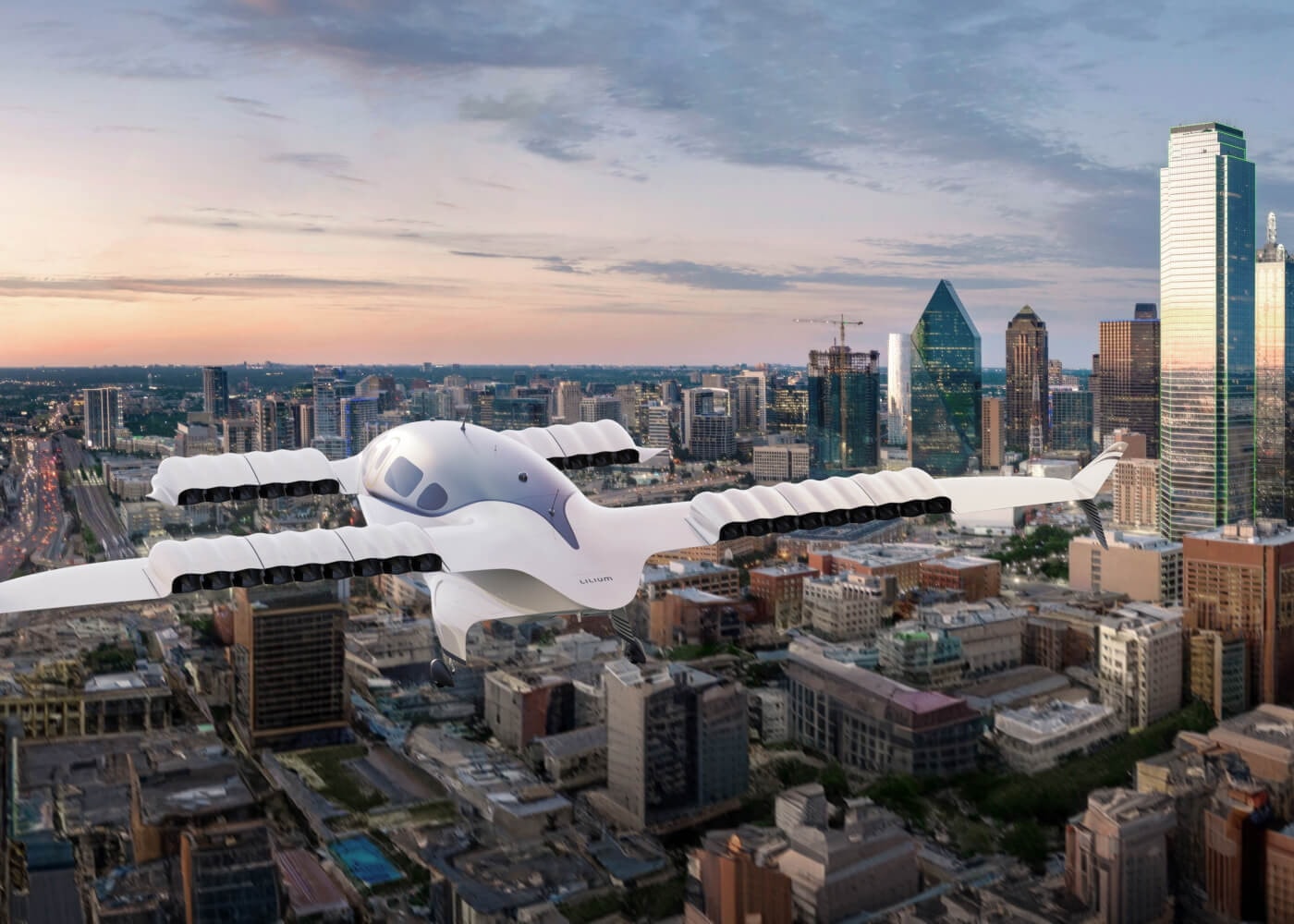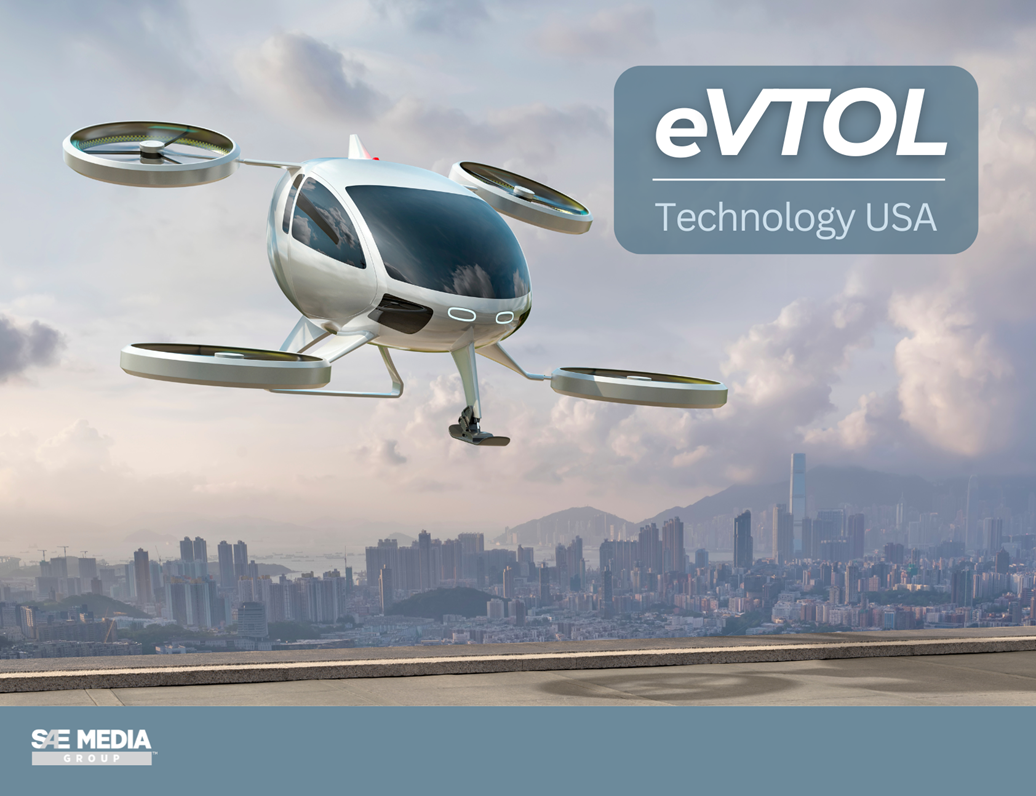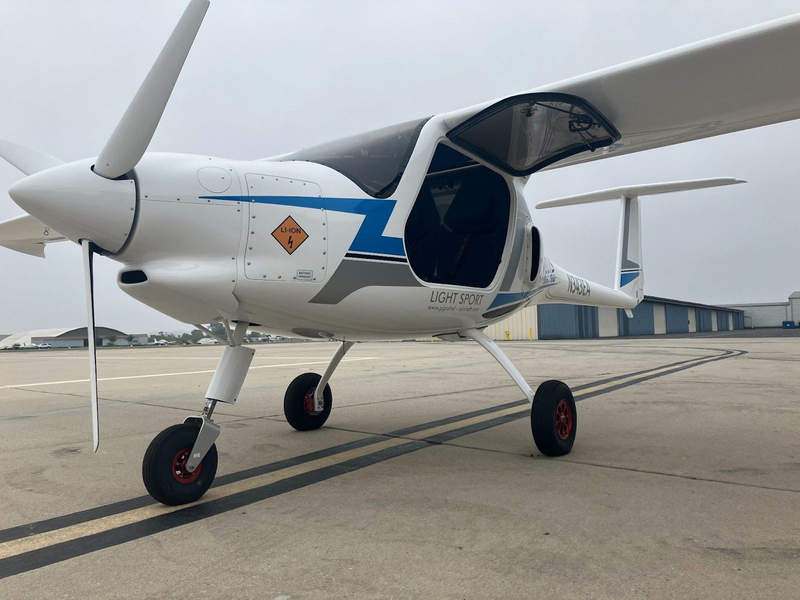
The latest name to be added to Lilium’s list of high-power partners is Fraport, an international airport operator known for connecting different transportation modes.
Top-tier eVTOL (electric vertical takeoff and landing) makers are reaching the finish line as far as releasing the commercial version of their flagship aircraft. But a lot more needs to be done in order to kick off regular city flights, and this includes a heavy focus on infrastructure and the interconnection with conventional airline operations. This is also the main focus right now for Lilium, a German eVTOL maker claiming to bring the first-ever eVTOL jet to the global market.
Lilium has joined forces with another major aviation player in Germany and beyond, Fraport. They have the difficult task of getting all the legal and regulatory issues sorted out before implementing and operating a dedicated eVTOL infrastructure system. This system will be linked to existing airports, as is the case for most air taxi operators worldwide.
The German air mobility company has already secured partnerships with several airports throughout Germany, and this new partnership with Fraport is the next step – it will help bring vertiports to these locations.
This isn’t new for Lilium. The air taxi developer has been preparing for this step over the past several years through collaboration with officials and industry partners and multiple studies.
At the end of last year, Lilium also signed a memorandum with the country’s largest airline, Lufthansa. That project was limited to researching all the aspects of AAM operations, with the potential of growing into “a strategic partnership.” Lilium could soon become one of the pioneers of regional electric air mobility in Germany.
Its potential for global success cannot be understated. After all, there’s currently no other eVTOL matching the design and capabilities of this innovative electric jet. It all started with the idea of adapting the existing jet engine technology to an all-electric propulsion system. The result was a unique power-lift eVTOL that promises increased performance compared to other air taxis. Plus, it’s also designed to be operated as a luxury private jet with no emissions.
Designing and building a state-of-the-art flying machine was the exciting part. Now, the less-thrilling part of setting up the regulatory framework takes center stage. It’s a good sign that commercial operations are closer than ever.
The Lilium eVTOL jet will be manufactured in Germany. Lilium is operating a manufacturing facility in Wessling, which includes a separate battery-assembly building. Just like its industry partners, Lilium’s suppliers are also some of the top players in aerospace technology, such as Honeywell, GKN Aerospace, and Aernovva. Plus, the company has secured large-scale battery production for its upcoming commercial jets, anticipating a high demand across Europe (based on the existing pre-orders from reputable customers.)
Top-tier eVTOL (electric vertical takeoff and landing) makers are reaching the finish line as far as releasing the commercial version of their flagship aircraft. But a lot more needs to be done in order to kick off regular city flights, and this includes a heavy focus on infrastructure and the interconnection with conventional airline operations. This is also the main focus right now for Lilium, a German eVTOL maker claiming to bring the first-ever eVTOL jet to the global market.
Lilium has joined forces with another major aviation player in Germany and beyond, Fraport. They have the difficult task of getting all the legal and regulatory issues sorted out before implementing and operating a dedicated eVTOL infrastructure system. This system will be linked to existing airports, as is the case for most air taxi operators worldwide.
The German air mobility company has already secured partnerships with several airports throughout Germany, and this new partnership with Fraport is the next step – it will help bring vertiports to these locations.
This isn’t new for Lilium. The air taxi developer has been preparing for this step over the past several years through collaboration with officials and industry partners and multiple studies.
At the end of last year, Lilium also signed a memorandum with the country’s largest airline, Lufthansa. That project was limited to researching all the aspects of AAM operations, with the potential of growing into “a strategic partnership.” Lilium could soon become one of the pioneers of regional electric air mobility in Germany.
Its potential for global success cannot be understated. After all, there’s currently no other eVTOL matching the design and capabilities of this innovative electric jet. It all started with the idea of adapting the existing jet engine technology to an all-electric propulsion system. The result was a unique power-lift eVTOL that promises increased performance compared to other air taxis. Plus, it’s also designed to be operated as a luxury private jet with no emissions.
Designing and building a state-of-the-art flying machine was the exciting part. Now, the less-thrilling part of setting up the regulatory framework takes center stage. It’s a good sign that commercial operations are closer than ever.
The Lilium eVTOL jet will be manufactured in Germany. Lilium is operating a manufacturing facility in Wessling, which includes a separate battery-assembly building. Just like its industry partners, Lilium’s suppliers are also some of the top players in aerospace technology, such as Honeywell, GKN Aerospace, and Aernovva. Plus, the company has secured large-scale battery production for its upcoming commercial jets, anticipating a high demand across Europe (based on the existing pre-orders from reputable customers.)












